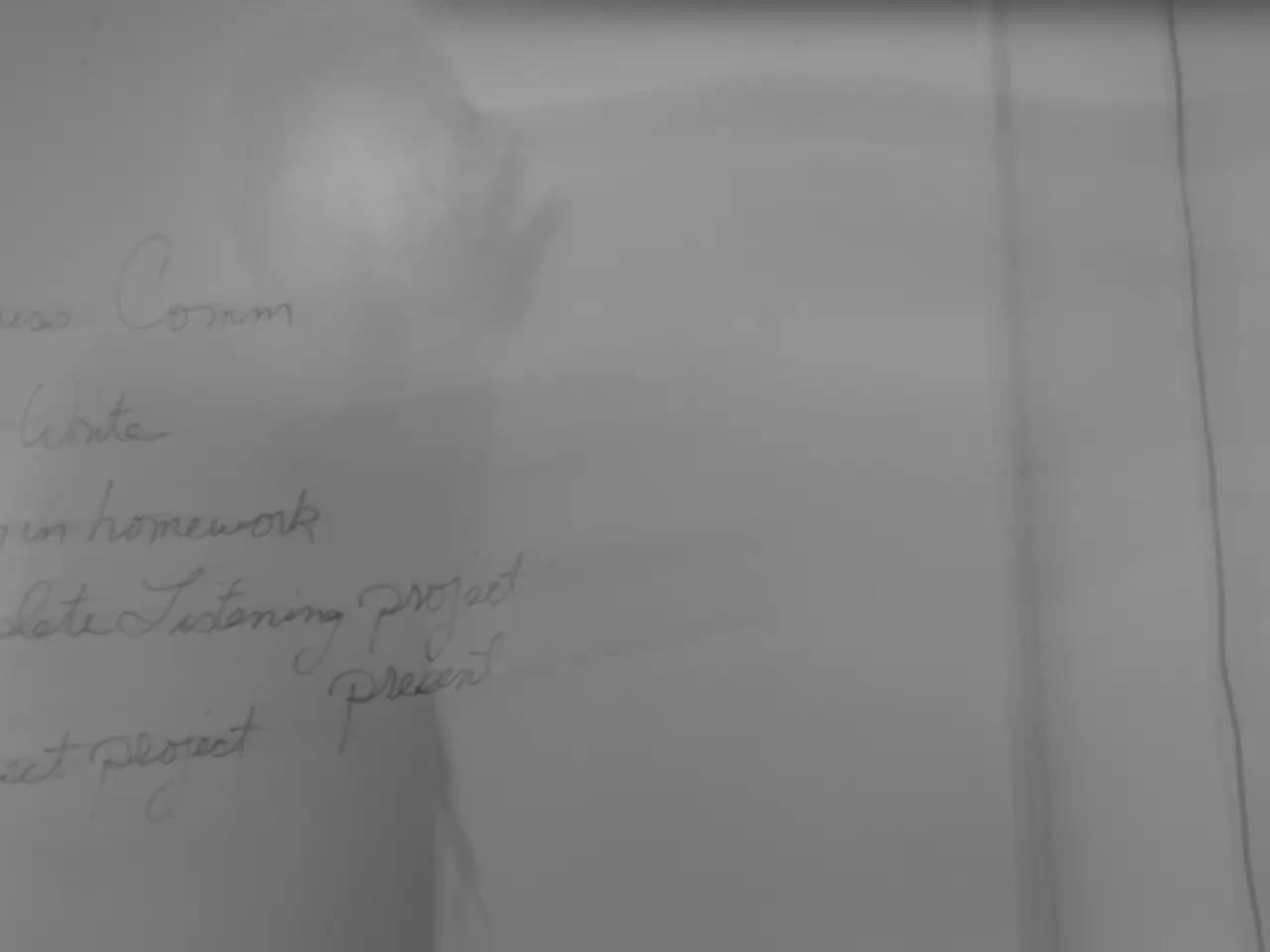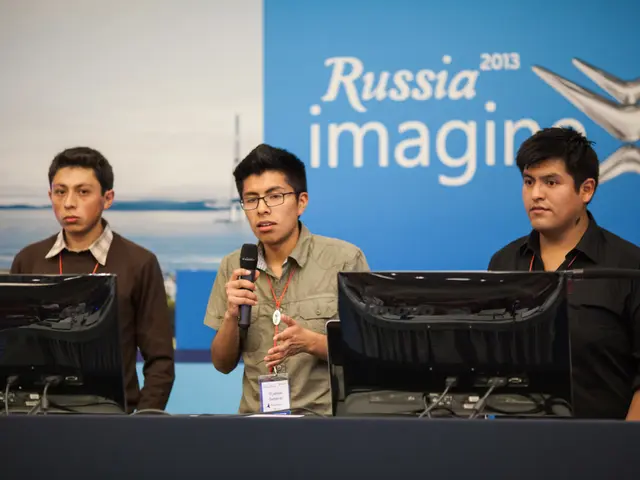International Security Council Enacts Reinstatement of Iran Nuclear Embargoes; Tehran Condemns Perceived Lawlessness of Decision
The United Nations Security Council has reimposed deep economic sanctions on Iran, following a vote that ended a suspension of the sanctions. The decision comes after a series of escalations in the long-standing dispute over Iran's nuclear program.
The vote, which took place on a resolution that would have allowed for the extension of the sanctions suspension, was cast against Iran's wishes. The Middle Eastern country has been accused by the 'European Three' – Britain, France, and Germany – of breaching several commitments under the Joint Comprehensive Plan of Action (JCPOA). These breaches include building up a uranium stockpile to more than 40 times the level permitted under the deal.
Iran's envoy to the UN described the vote as the 'politics of coercion.' The country has threatened to withdraw from the Nuclear Non-Proliferation Treaty (NPT) if the sanctions are triggered.
The current tensions can be traced back to the 12-day war between Iran and Israel in June. This conflict, along with the war's aftermath, derailed Tehran's nuclear negotiations with the United States and prompted Iran to suspend cooperation with the International Atomic Energy Agency (IAEA).
The war began when Israel launched an unprecedented bombing campaign against Iran, leading to a series of retaliatory strikes. Inspectors from the Vienna-based UN body left the Middle Eastern country shortly after.
The 2015 deal, intended to prevent Iran from obtaining nuclear weapons, has been left in tatters since the United States walked away from it in 2018 during Donald Trump's presidency. Following the US withdrawal, Iran gradually broke away from its commitments under the agreement and began stepping up its nuclear activities.
Iranian Foreign Minister Abbas Araghchi put forward a proposal to European powers to prevent the return of sanctions, but these efforts have so far been unsuccessful. The option of a negotiated settlement is still on the table, according to the French ambassador to the UN.
One of the key supporters of the reimposition of economic sanctions on Iran is Israel, Iran's arch-foe. The trio of countries – Britain, France, and Germany – allege that Iran has broken its promises under the treaty.
During his previous term, Trump attempted to trigger the JCPOA's so-called 'snapback clause' to reimpose sanctions on Iran in 2020, but failed due to his country's unilateral withdrawal from the deal two years earlier.
The reimposed sanctions are expected to have a significant impact on Iran's economy, which has already been struggling due to the ongoing tensions and the COVID-19 pandemic. The future of the JCPOA and the region's nuclear standoff remain uncertain.
Read also:
- United States tariffs pose a threat to India, necessitating the recruitment of adept negotiators or strategists, similar to those who had influenced Trump's decisions.
- Weekly happenings in the German Federal Parliament (Bundestag)
- Southwest region's most popular posts, accompanied by an inquiry:
- Discussion between Putin and Trump in Alaska could potentially overshadow Ukraine's concerns







